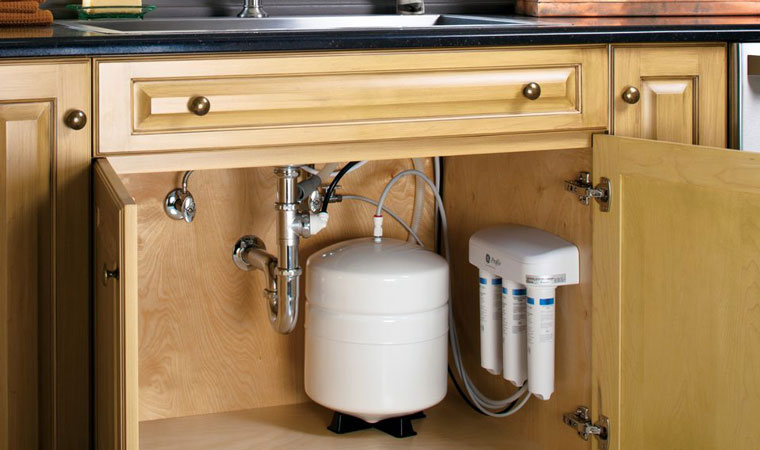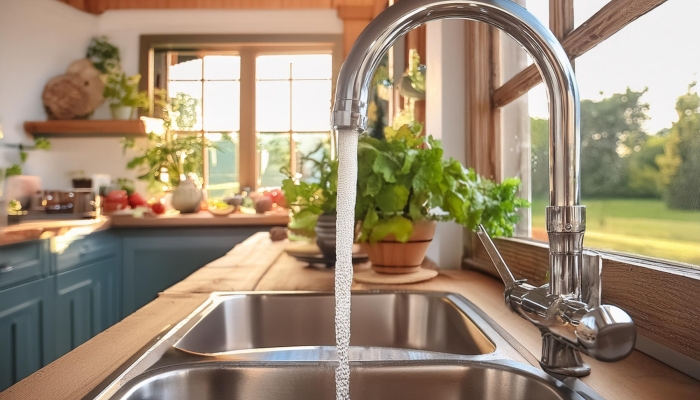Water Quality & Health
If a home’s water comes from a private well in Nebraska, it may have elevated levels of common nutrients found in agricultural fertilizers in drinking water. Consuming water with elevated levels of nitrate can have significant health risks. Annual testing of your water is an important way to protect the health of everyone in your home.
Numerous scientific studies have looked at the relationship of nitrate in drinking water on human health and linked high concentrations of nitrate in drinking water to adverse health outcomes. The strongest links are for methemoglobinemia, colorectal cancer, thyroid disease, and neural tube defects (birth defects of spine, brain, and spinal cord). Agrochemicals in drinking water are also linked to increased heart rate, nausea, headaches, and abdominal cramps; cancers including pediatric brain cancer, kidney cancer, bladder cancer, and non-Hodgkin’s lymphoma. Other studies are also examining a possible link between these contaminants and Alzheimer’s, diabetes, and Parkinson’s disease.
Nebraska has one of the highest rates of some pediatric cancers, which may be linked to agrochemicals in drinking water. When it comes to health concerns and drinking water quality in Nebraska, the most vulnerable populations are young infants (less than six months old), pregnant women and children in-utero, and people with oxygen transport or delivery conditions like anemia, cardiovascular disease, lung disease, and sepsis.
The EPA guideline for safe drinking water is less than 10 parts per million of nitrate. Municipalities are required by law to provide water that meets the EPA criteria, but for the many Nebraskans whose water comes from a private source, the quality of the water is the consumer’s responsibility.
Reverse Osmosis Pilot Program
For private well owners, it’s important to test drinking water annually, as results can change from year to year.
The NRD offers free water testing to determine if a well is providing safe drinking water. Anyone in the district can request a simple at-home test by emailing info@upperbigblue.org or calling the office at (402)362-6601. The at-home tests provide fast results but are not as sensitive and accurate as a lab test. For the best results, a sample should be brought to the office for free lab analysis. Instructions for how to collect a sample to bring in for analysis are at www.upperbigblue.org/water-testing.
If a lab test reveals that the water sample is above 10 PPM, funding is available for the homeowner through the NRD for the installation of a point-of-use reverse osmosis system. A properly installed and regularly maintained reverse osmosis system can remediate the risk associated with nitrates in water. See full program guidelines: www.upperbigblue.org/RO.


